We celebrate Easter because Jesus Christ has risen from the dead. Christ has conquered death and, by his own power, been raised to life so that, “as in Adam all die, so also in Christ shall all be made alive” (1 Cor 15:22).
 Yet we confess in our creed that we too will rise: “I believe in . . .the resurrection of the body and life everlasting”. Christ is proclaimed in the Scriptures as the “first-born from the dead” (Col 1:18). The resurrection of our bodies is a great and mysterious teaching that has been proclaimed in the Church throughout the ages, but it is one that continues to be misunderstood.
Yet we confess in our creed that we too will rise: “I believe in . . .the resurrection of the body and life everlasting”. Christ is proclaimed in the Scriptures as the “first-born from the dead” (Col 1:18). The resurrection of our bodies is a great and mysterious teaching that has been proclaimed in the Church throughout the ages, but it is one that continues to be misunderstood.
For many, the teaching of a bodily resurrection seems difficult or confusing. How are bodies that have rotted away “brought up” again? Isn’t it our very flesh that produces sin in us? What evidence is there that proves a physical resurrection is promised by God? Even today many Christians think of life after death only in terms of “going to heaven”—perhaps a place in the sky—where we exist only in a spiritual sense.
The idea of a resurrection of the body in the Christian tradition can be traced back to early Jewish thought. In the Book of Daniel we see one of the earliest and clearest references to a resurrection of the dead: “And many of those who sleep in the dust of the earth shall awake, some to everlasting life, and some to shame and everlasting contempt.” (Daniel 12:2) Also, in 2 Maccabees 7:13, there is a clear reference to “resurrection to life”. Yet the Jewish tradition was not unified around the idea of a bodily resurrection. Many rabbis disputed the meaning of a resurrection and even who would be allowed resurrection. Whereas the Pharisees held to the resurrection of the dead as a central tenet of their belief, certain Jewish sects like the Sadducees explicitly rejected the notion.
The New Testament is clear about the resurrection of the dead as an impending reality. Paul writes in Romans 8:11: “If the Spirit of him who raised Jesus from the dead dwells in you, he who raised Christ Jesus from the dead will give life to your mortal bodies also through his Spirit who dwells in you.” The resurrection of the body was thus a central doctrine in early Christianity and would later become enshrined as a crucial point of orthodoxy.
Yet despite a Scriptural tradition making clear the centrality of bodily resurrection in Christian eschatology, many have dissented from the idea with various philosophical objections. Justin Martyr addresses some of these objections in a work available in our Early Church Fathers collection (included in Verbum Foundations) titled simply, “Fragments of the Lost Work of Justin on the Resurrection”.
Justin tackles the idea that our bodies will necessarily be used in the exact same way citing Luke 20:34 and demonstrating simply that even though we may have certain bodily capacities, we are not forced to use them.
Justin argues that the physical body is not something inherently bad—on the contrary—when God made man and woman after his likeness (Gen 1:26), he made them purposefully of flesh:
“…that the flesh is with God a precious possession is manifest, first from its being formed by Him, if at least the image is valuable to the former and artist; and besides, its value can be gathered from the creation of the rest of the world. For that on account of which the rest is made, is the most precious of all to the maker.” (Fragments, IX, 297.)
He goes on to point out the absurdity of thinking that God would save “one or the other”—that is, either the “flesh” or the “soul”. But Justin’s most convincing and salient point is that Christ himself was raised in a physical body:
“If He [Jesus] had no need of the flesh, why did He heal it? And what is most forcible of all, He raised the dead. Why? Was it not to show what the resurrection should be? …Why did He rise in the flesh in which He suffered, unless to show the resurrection of the flesh?” (Fragments, IX, 298.)
The promise of a bodily resurrection is a reminder that God has chosen to create and interact with a material world. Though the world we live in now has been corrupted, we hold fast to the promise that Christ will heal and redeem his creation just as he demonstrated healing power in his ministry here on earth.

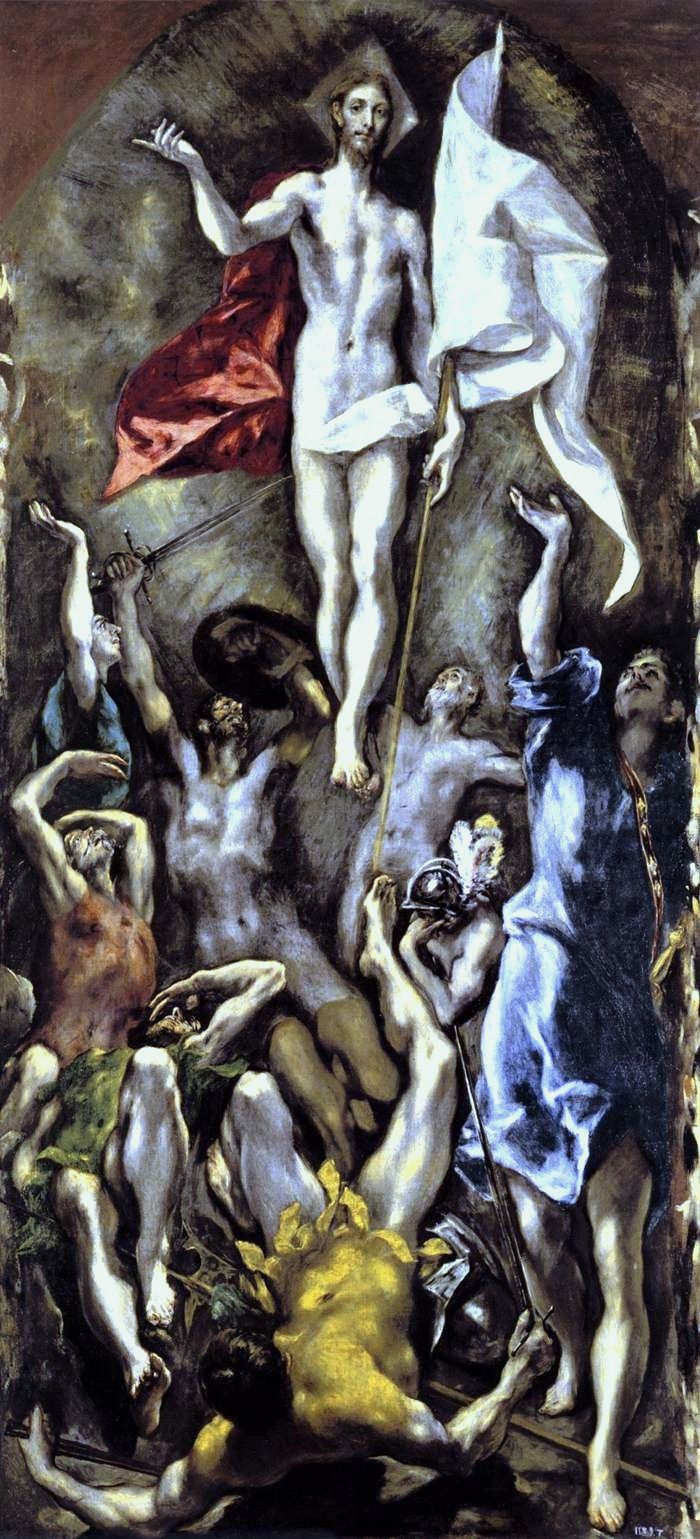
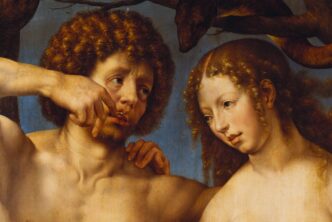
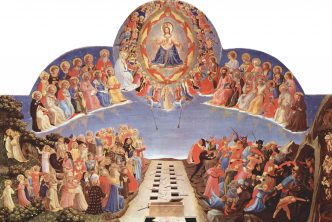
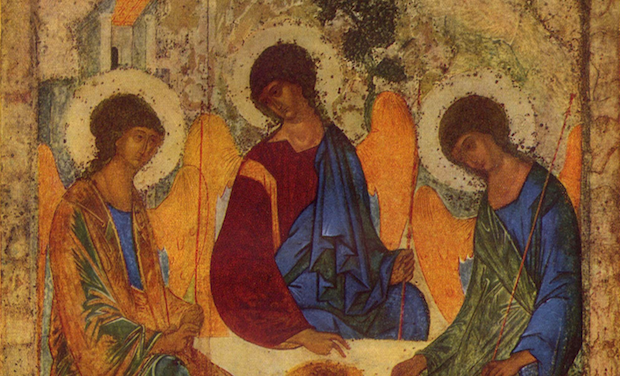
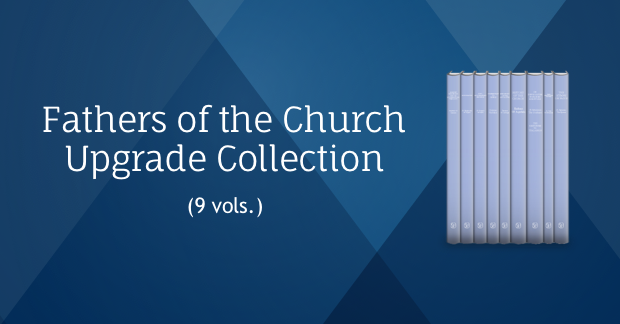
Check out CCC 645, CCC 999, and 1 Cor 15 for more on the glorified body of Christ, and the bodily resurrection of the dead. CCC 1042 also speaks about the renewal/justification of all the cosmos at the end of time. It’s exciting to anticipate living out an eternity with the Trinity and all the faithful, in glorified bodies, in a perfected new creation.